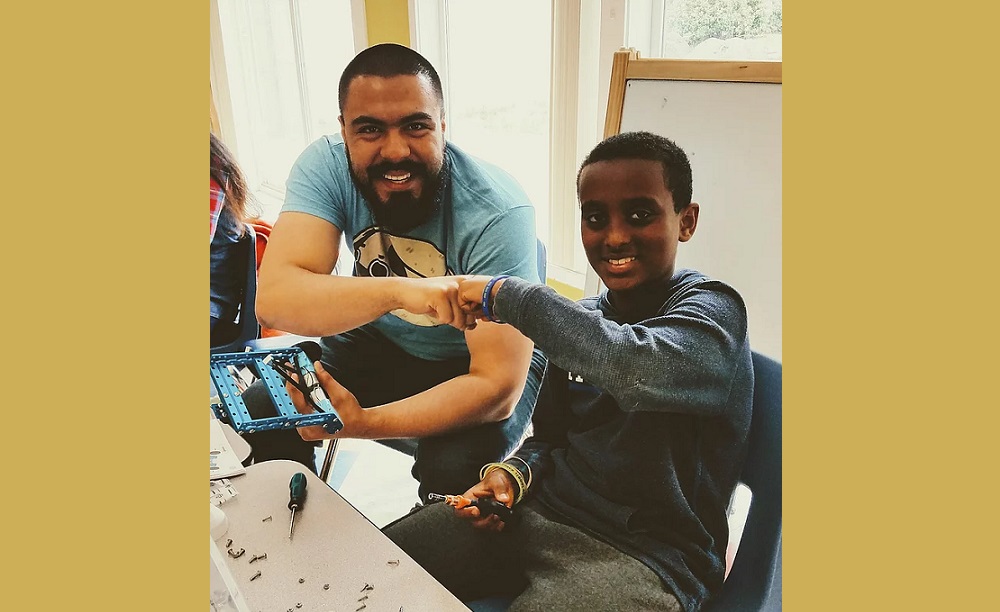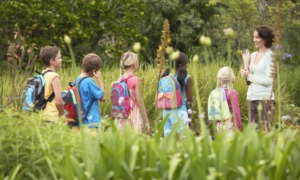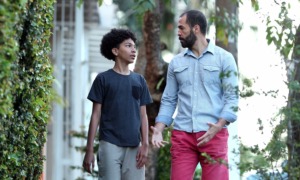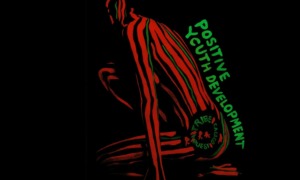The summer learning movement came into being after research in the 1990s showed that the academic gap between affluent and low-income students was largely created during the summer.
The nonprofit National Summer Learning Association was founded to address this gap.
Thursday — National Summer Learning Day — the organization publicizes events across the country that show what summer programs can do.
More than 800 events range from a demonstration by Geeking Out Kids of Color in Seattle to a gathering of local and state officials at the Central Library of Rochester and Monroe County in Rochester, N.Y.
Geeking Out Kids of Color is a nonprofit created in 2016 that provides kids of color with education in computer science in its mission to close the digital divide. Only 5 percent of schools across the country teach computer science, according to the organization. Currently it serves 170 students, according to its website.
It also addresses the achievement gap between black and white students.
The Rochester library gathering is part of an effort by summer learning advocates to get policymakers on board and create partnerships to sustain and improve the quality of summer programs.
Libraries and museums are an integral part of summer learning activities, able to engage kids through fun, hands-on and project-based activities.
For example, Gregory Heights Library in Portland, Ore., invites kids to come play a video game to celebrate National Summer Learning Day. But it’s not just any old game. “Come by and design flying games and be a pilot in a digital world you create yourself,” the library wrote.
The New York Public Library, San Francisco Public Library and Salt Lake City Public Library are among those hosting readings of “Trombone Shorty,” a Caldecott Honor book.
Foreign Language Programs
Summer learning is not only about educating kids for kids’ sake.
A language education program, STARTALK, is also publicizing itself through National Summer Learning Day. The summer program sponsored by the University of Maryland’s National Foreign Language Center was created in 2006 by the U.S. Office of the Director of National Intelligence.
Its goal is to increase the number of Americans who can speak critical foreign languages. All the programs are low-cost or free, according to STARTALK.
It reaches 5,783 students with classes and teacher training around the country in Arabic, Chinese, Dari, Hindi, Korean, Persian, Portuguese, Russian, Swahili, Turkish and Urdu, according to the organization.
For example, in Huntsville, Ala., this summer 48 fourth through sixth graders are learning about Korean language and culture in a three-week program called Cultural Treasure Hunters. The program is co-sponsored by the Alabama-Korea Education & Economic Partnership (AKEEP).
































